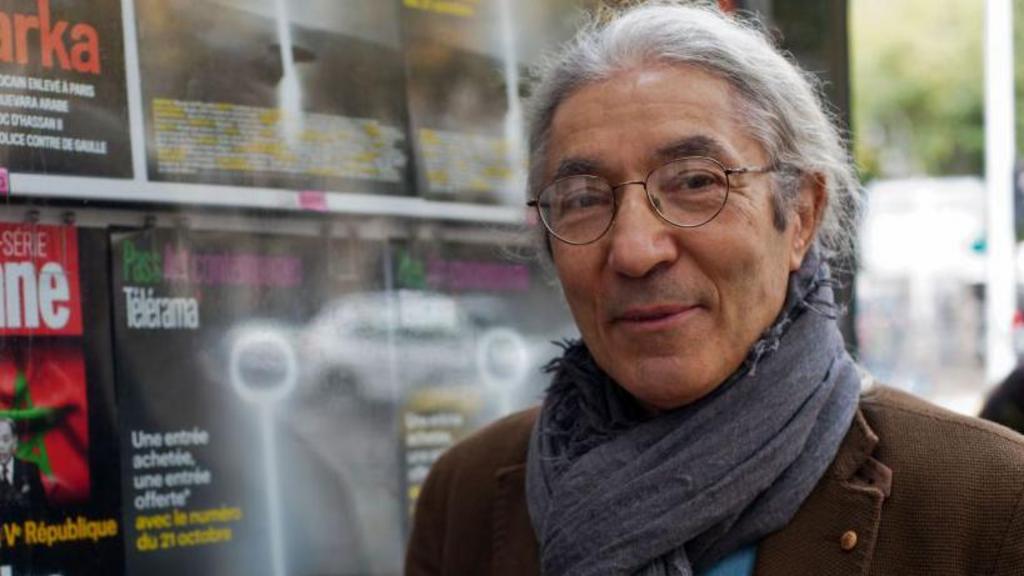Nearly a year after French-Algerian writer Boualem Sansal’s arrest upon arrival at Algiers airport, the Algerian presidency has granted him a pardon, permitting his departure from the country.
Sansal, 81, has been at the center of a significant diplomatic dispute between Paris and Algiers. President Abdelmadjid Tebboune’s decision followed direct engagement from German President Frank-Walter Steinmeier.
Reports indicate the writer was en route to Germany via military aircraft on Wednesday evening, with his release widely welcomed.
French President Emmanuel Macron, who spoke with Sansal by phone, stated that France’s approach, characterized by respect and composure, facilitated his freedom.
“I extend my gratitude to President Tebboune for this humanitarian gesture,” Macron remarked.
While Paris had been working to de-escalate tensions with Algeria, it was the German president’s involvement, owing to his positive rapport with Algeria’s leader, that ultimately secured Sansal’s release.
Sources within the Élysée Palace informed French media that Frank-Walter Steinmeier acted as a “trusted third party,” rather than merely a mediator.
Steinmeier stated this week that he had requested President Tebboune to pardon Sansal, “considering his advanced age and delicate health,” to enable the writer to receive medical care in Germany.
Tebboune affirmed on Wednesday his decision to respond favorably to Steinmeier’s appeal, citing its “nature and humanitarian motives.”
Sansal is currently undergoing treatment for prostate cancer.
He received a five-year prison sentence in July for undermining national unity through remarks that challenged Algeria’s territorial borders.
The novelist has been a long-standing critic of the Algerian government, which had not responded positively to France’s plea for clemency.
Relations between France and Algeria had been deteriorating after President Macron’s announcement that France recognized Moroccan sovereignty over Western Sahara and supported a limited autonomy plan for the disputed territory.
Algeria supports the pro-independence Polisario Front in Western Sahara and is considered its primary ally.
Tensions escalated further in April when Algeria voiced outrage over the arrest of one of its consular staff in France in connection with the kidnapping of a government critic in Paris.
The crisis between the two nations was regarded as unprecedented in the more than 60 years since Algeria gained independence from France in 1962.
Some French commentators and political figures attributed the strained relations to what they perceived as a confrontational approach towards Algeria by right-wing former Interior Minister Bruno Retailleau and others on the right of French politics.
Algerian Minister Sofiane Chaib also implicated Retailleau earlier this year in the “fabricated spat.”
Subsequently, at the end of last month, a motion by France’s National Rally narrowly passed, with MPs opposing a 1968 Franco-Algerian migration accord that granted residency rights to Algerians.
While the move was considered a potential setback, the decision to replace Retailleau with Laurent Nuñez as interior minister appeared to indicate a shift in approach.
“He has completely transformed the way relations with [Algeria] are managed,” former diplomat Jean-Christophe Ruffin told French radio.
Retailleau responded to Sansal’s release on Wednesday, expressing “immense relief and great joy.”
Nonetheless, tensions between the two countries persist after French sportswriter Christophe Gleizes was sentenced to seven years in prison in July for allegedly attempting to interview a member of a movement designated by Algeria as a terrorist group.
French Foreign Minister Jean-Noël Barrot commended diplomats for their efforts in securing Sansal’s release and affirmed their continued focus on Gleizes, “whose imminent release we are hoping for.”
The former French president was jailed in October for conspiring to fund his election campaign with money from late Libyan dictator Muammar Gaddafi.
The mystery youth in the photo turns out to be Pedro Elias Garzon Delvaux, a 15-year-old detective fan.
After drone sightings cause Zaventem airport near Brussels to close temporarily, Belgium turns to its European allies for help.
Clashes broke out during one of three disruptions to the performance featuring conductor Lahav Shani.
Cars, walls and postboxes were defaced, in what appeared to be human blood.

